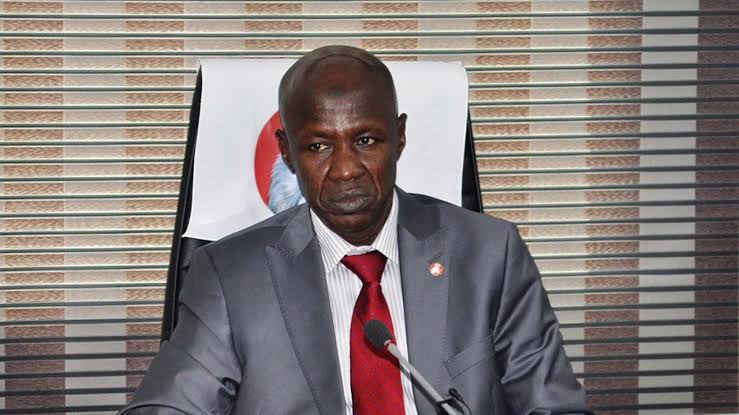
The Ayo Salami-led presidential panel set up to investigate the suspended acting chairperson of the anti-graft agency, EFCC, Ibrahim Magu, is ready to submit its findings to President Muhammadu Buhari.
A source at the presidency and another close to the panel told Nelsdaily the report will be submitted to the president on Friday, November 20, 2020.
Garba Shehu, Senior Special Assistant, Media and Publicity to the President, also confirmed this to our correspondent during a phone interview.
He said, “Yes I can confirm the panel would be submitting its report to the president on Friday.”
When it was further asked if the presidency would make the findings of the report known to the public, Mr Shehu declined to react, He said, “I can not comment on that sir, thank you”.
Nelsdaily reported how the panel investigating Mr Magu on allegations of corruption and insubordination requested an extension of time to submit its findings to the president.
The judicial panel, headed by Mr Salami, a former president of the appeal court, was supposed to have sent in its report in August – but it asked for more time to conclude its assignment.
This was after it failed to meet the presidential directive to submit its interim reports not later than 45 days starting “from its first public sitting”.
It is not clear the exact date the presidential panel held its first sitting, as the panel had been sitting behind closed doors, barring journalists from covering its activities.
Mr Magu was arrested dramatically in July in front of the EFCC Wuse II office and driven to the Presidential Villa where the panel sits. He was also detained for more than four days on the directive of the panel.
The allegations were levelled against him by the Attorney-General of the Federation and Minister of Justice, Abubakar Malami.
Mr Malami’s complaint led to the suspension of the embattled EFCC boss in July after five years as acting EFCC chairperson.
He had in a series of letter to the president accused Mr Magu of diverting billions of naira of recovered funds, as well as failing to act timeously on a presidential directive to investigate the controversial $9.6 billion P&ID British firm that secured a gas contract in Nigeria.
Mr Magu was also accused of purchasing a property in Dubai, the United Arab Emirates through a Nigerian cleric, Emmanuel Omale.
Based on the allegations, Mr Buhari in July approved the establishment of a Judicial Commission of Enquiry under the Tribunals of Inquiry Act (Cap T21, LFN, 2004), for the investigation of the activities of the EFCC from May 2015 to May 2020.
Mr Magu, who has since closed his defence before the panel, has repeatedly denied all the allegations against him.
Meanwhile, since the panel kicked-off, Wahab Shittu, counsel to Mr Magu, had written several letters to the panel, accusing the panel of preventing his client from calling a witness to strengthen his case, as well as subpoenaing certain individuals for his defence.
The lawyer also asked the panel to provide his client with adequate time and facility ahead of his defence, as well as access to all exhibits tendered in the proceeding which, according to the lawyer, the panel has repeatedly ignored.
The development had drawn the attention of civil rights organisations, and other activists demanding that the panel should be made public for the sake of transparency and fairness.
Anti-corruption groups such as the Human Environmental Development Agenda (HEDA), Resource Centre, Global witness, Cornerhouse and Re:Common also criticised the panel, saying it was not transparent in its operations and was unfair to Mr Magu.



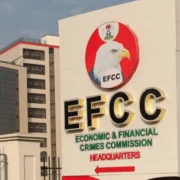

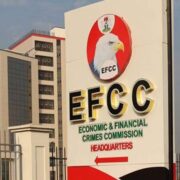

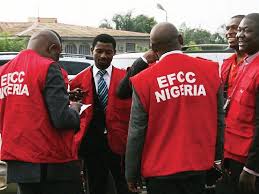
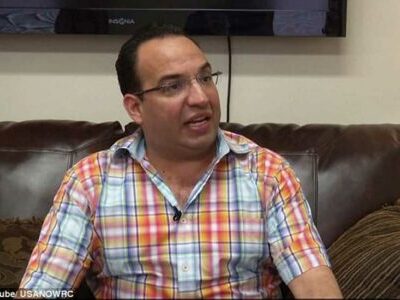
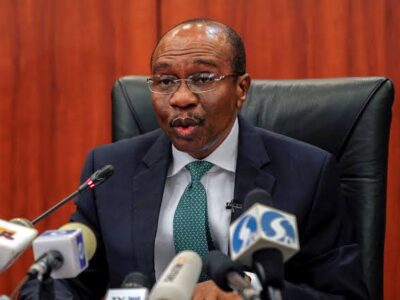
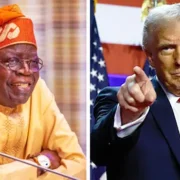

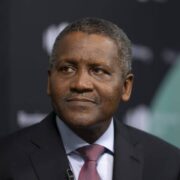
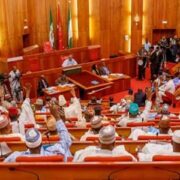









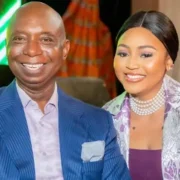
Comments